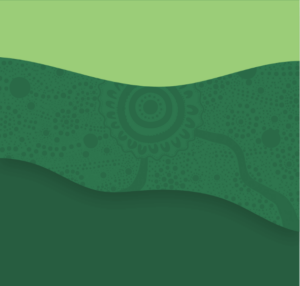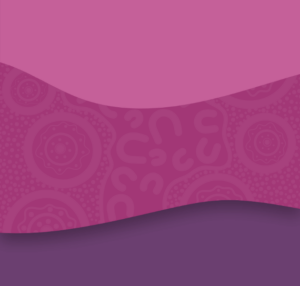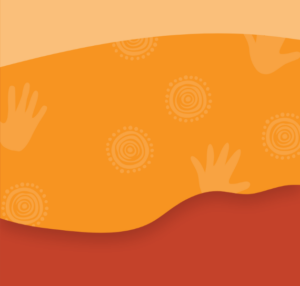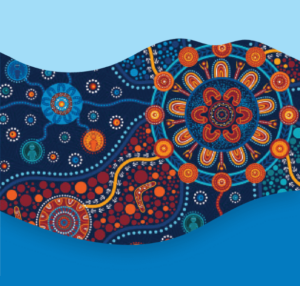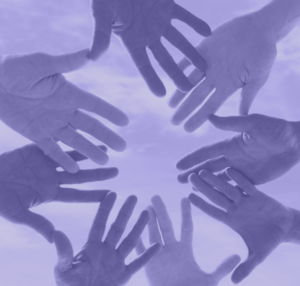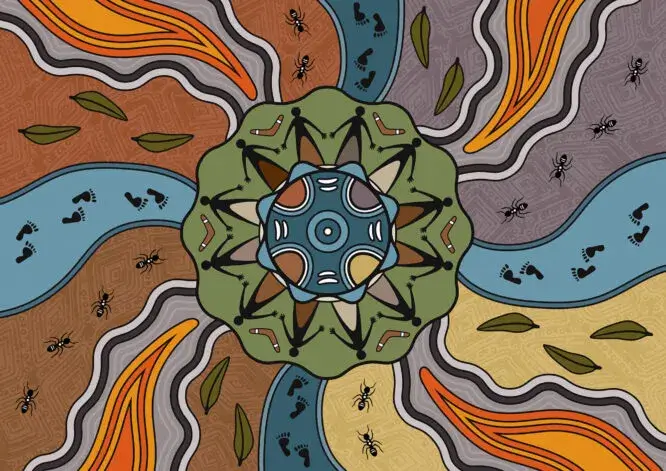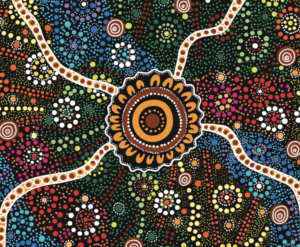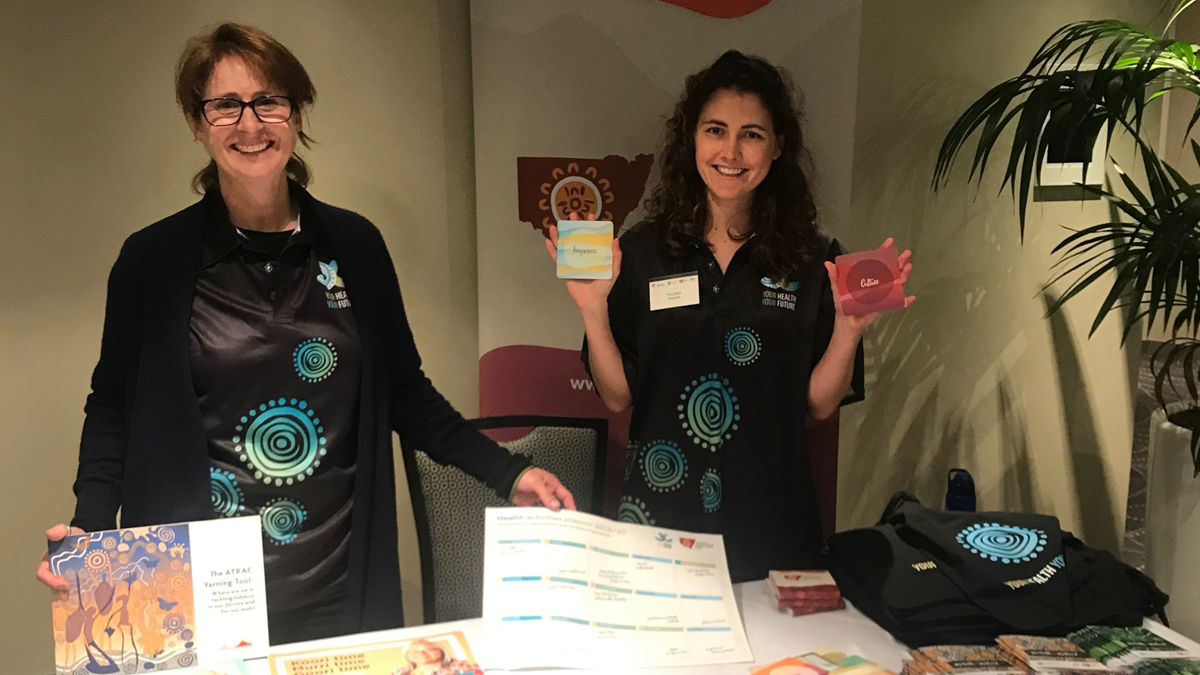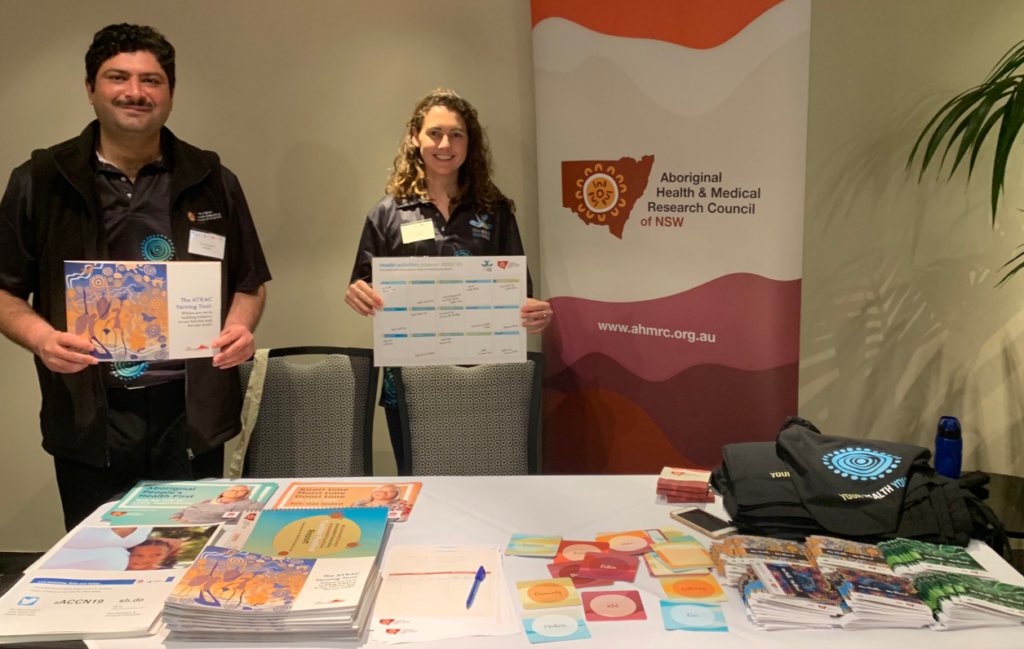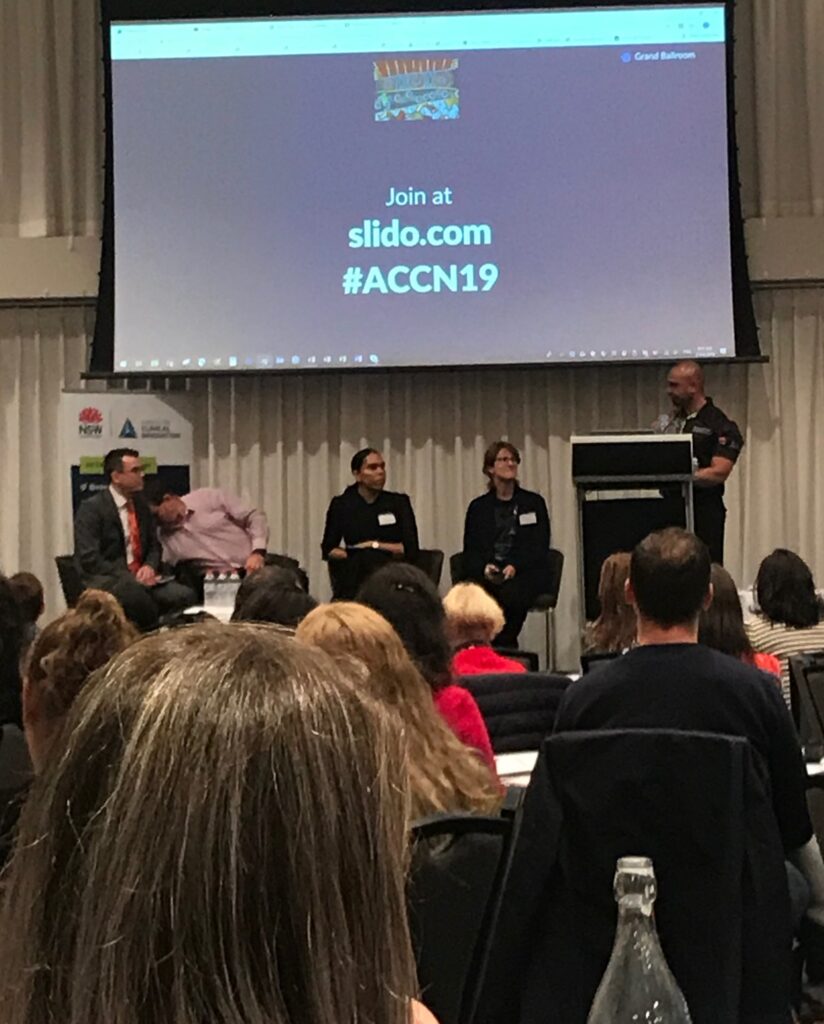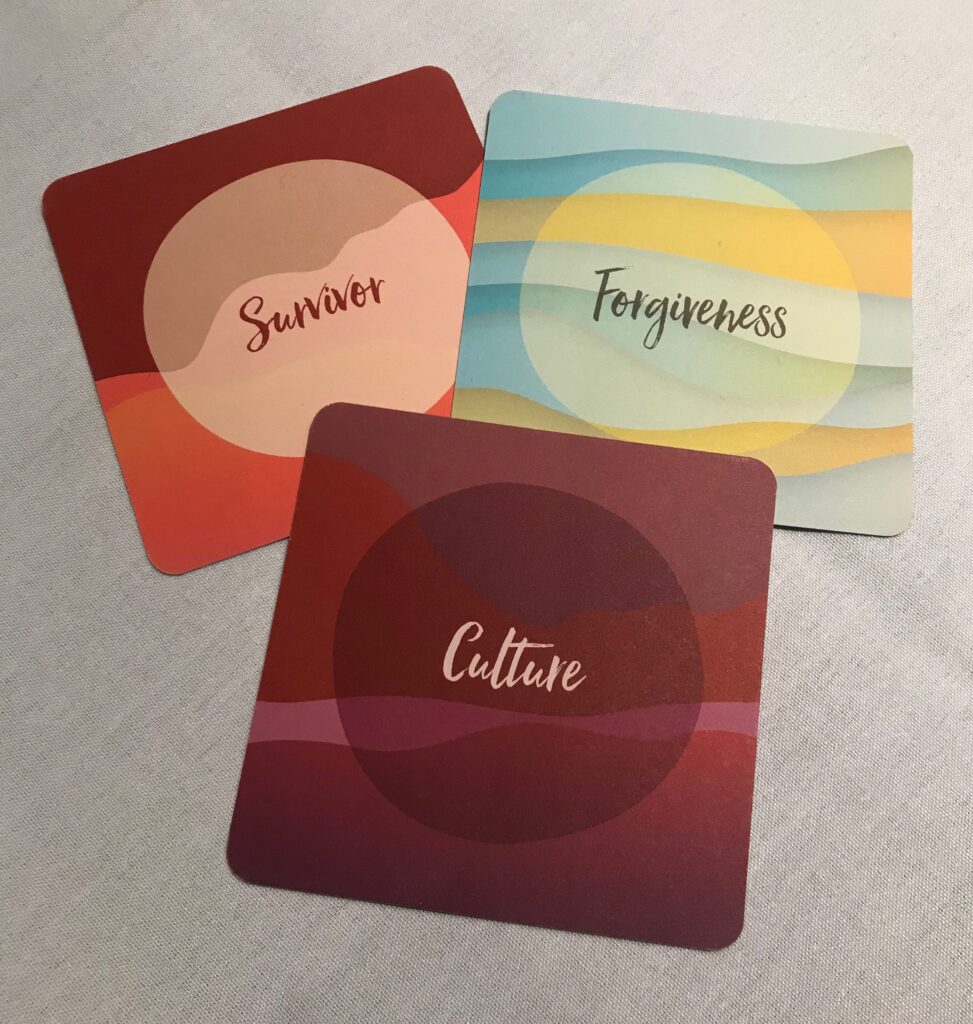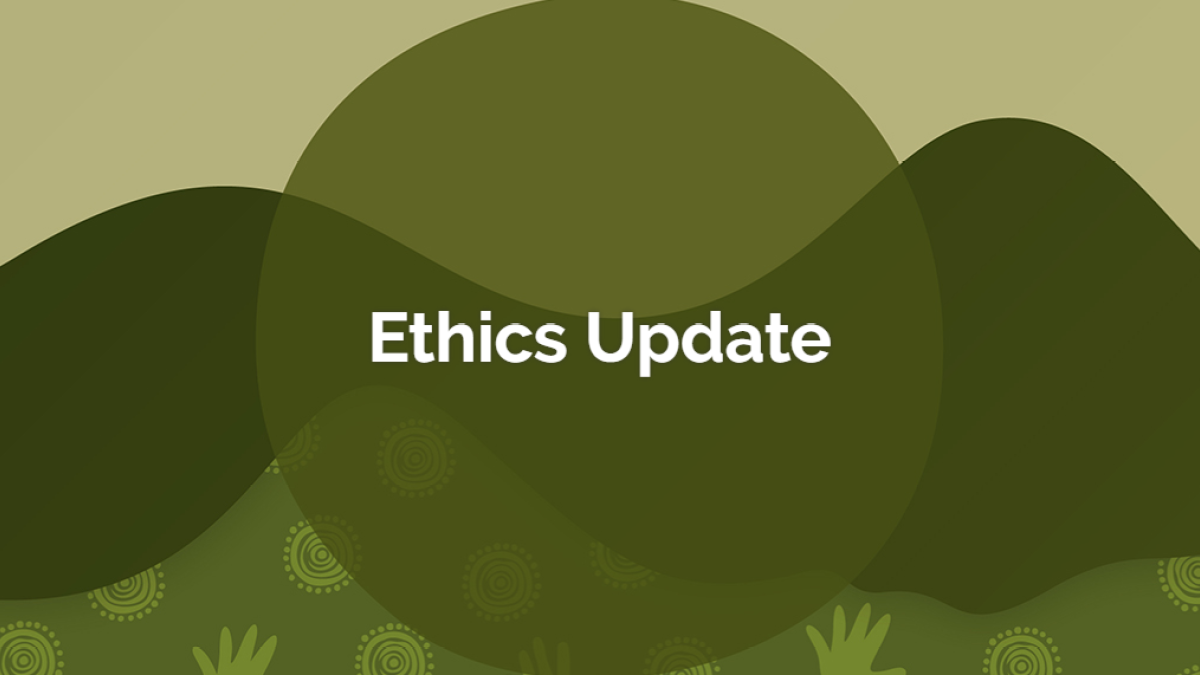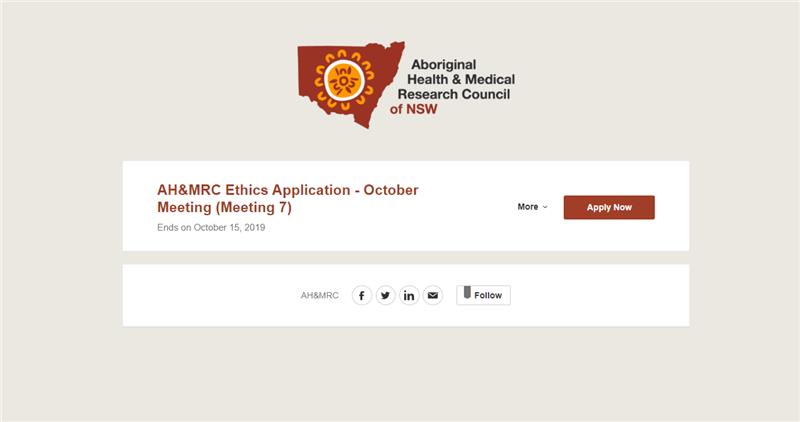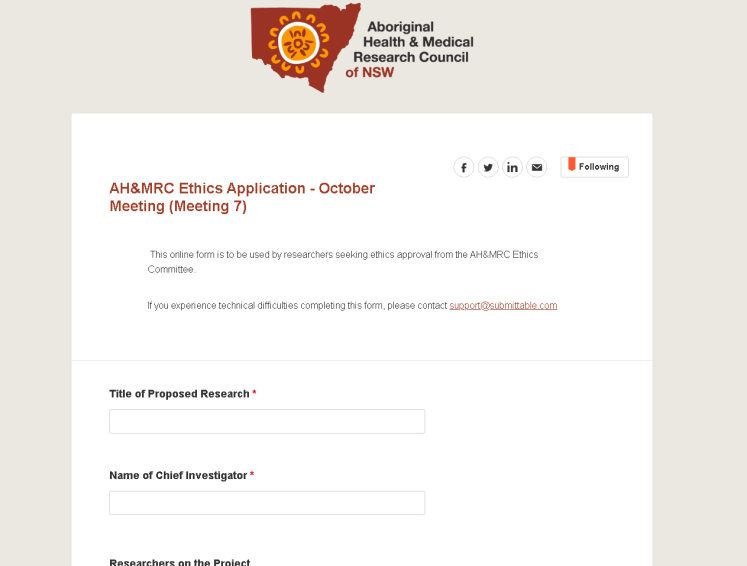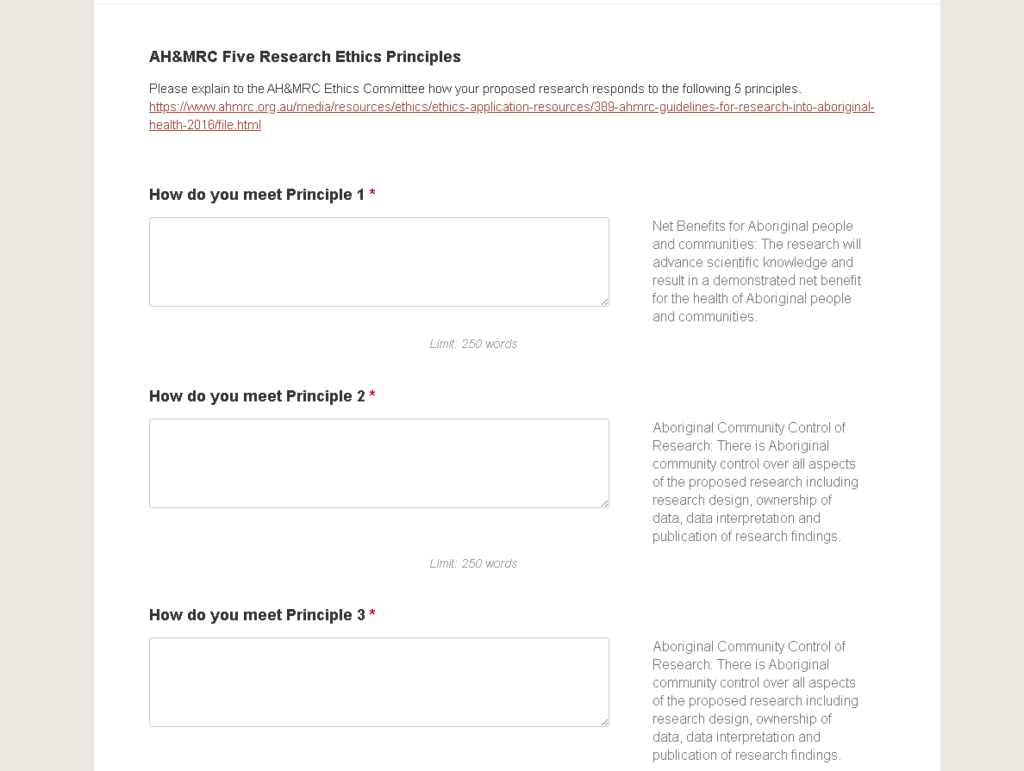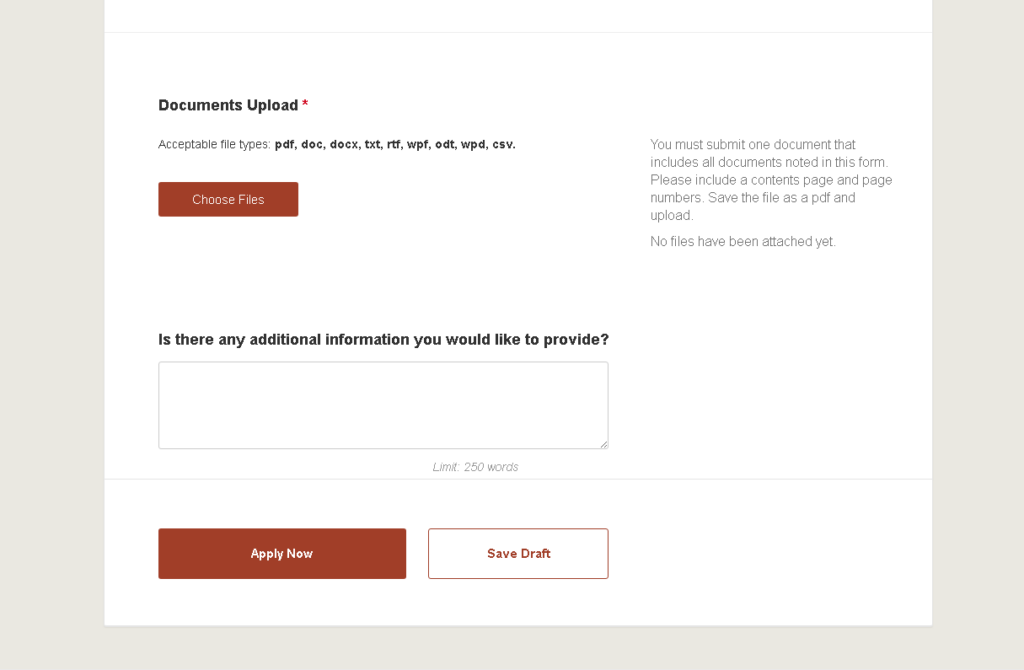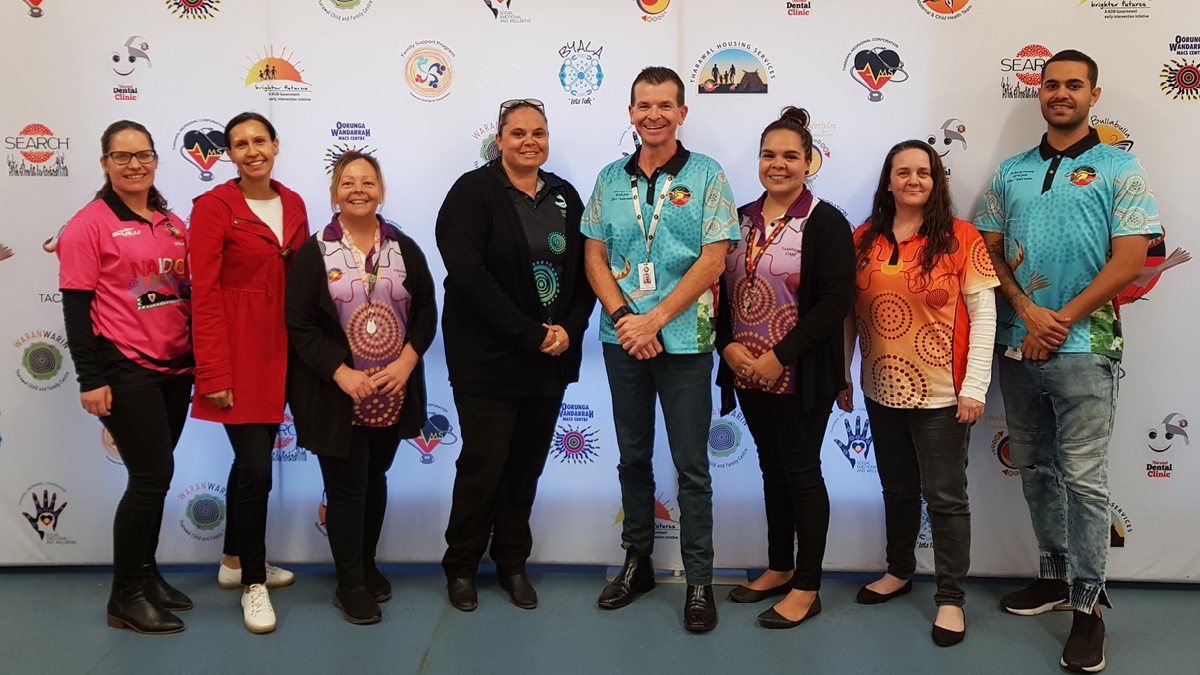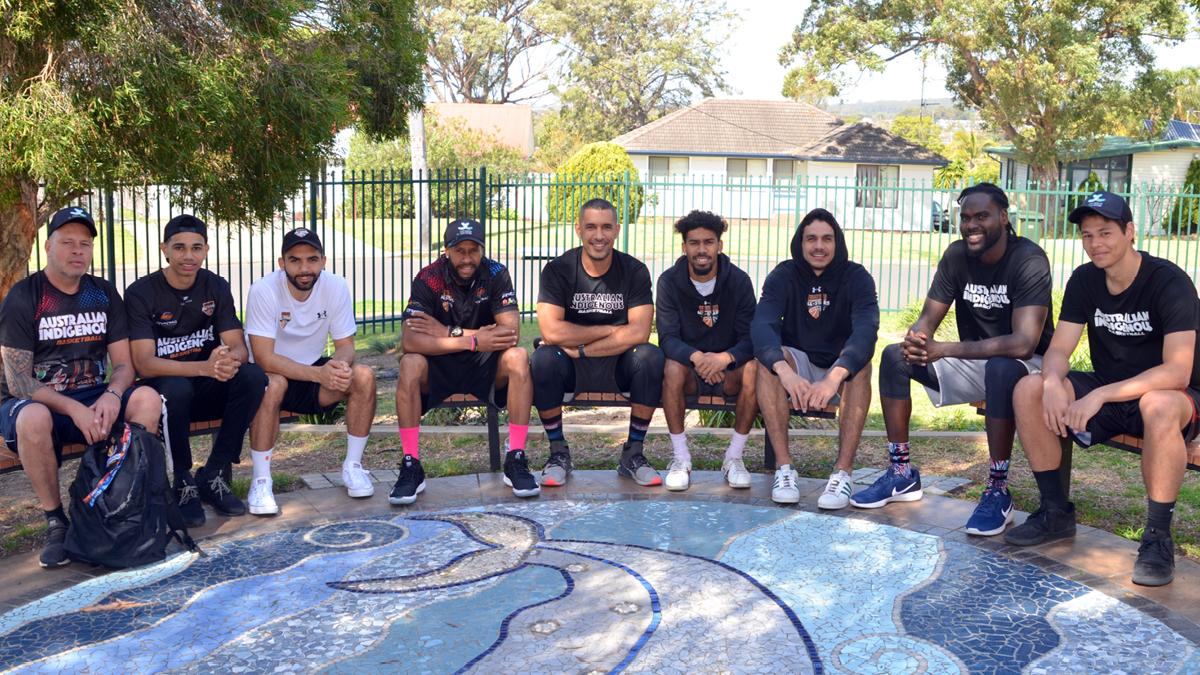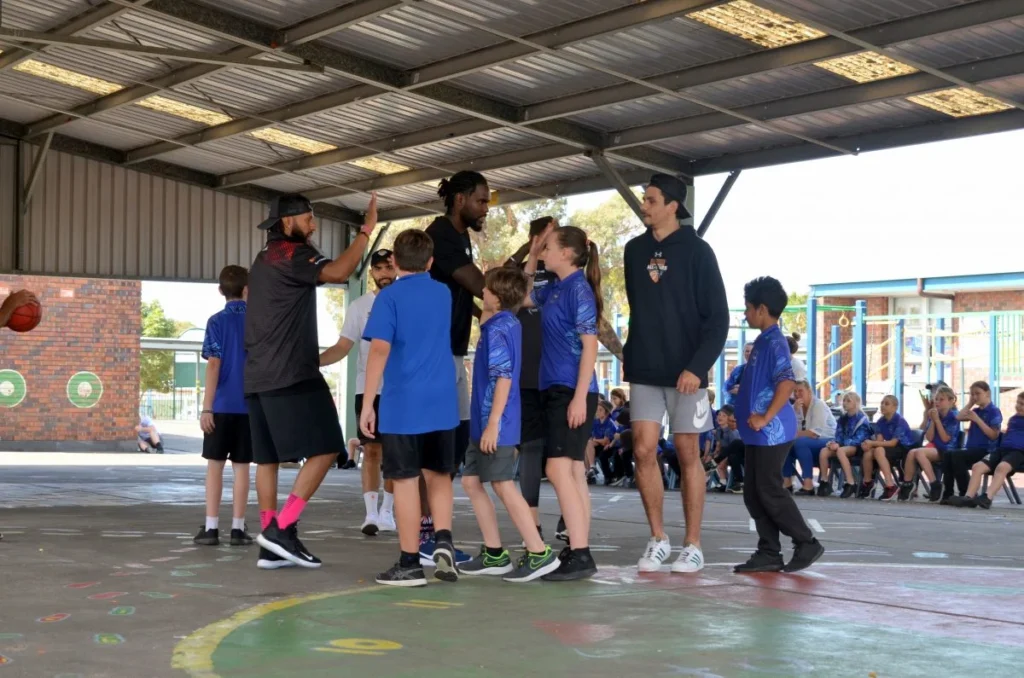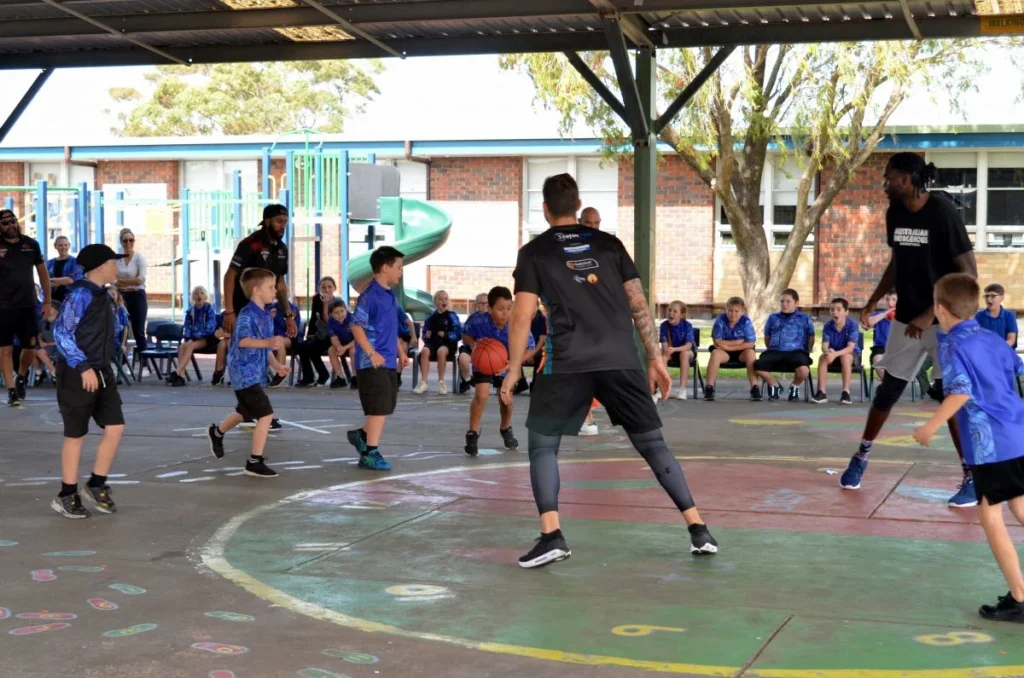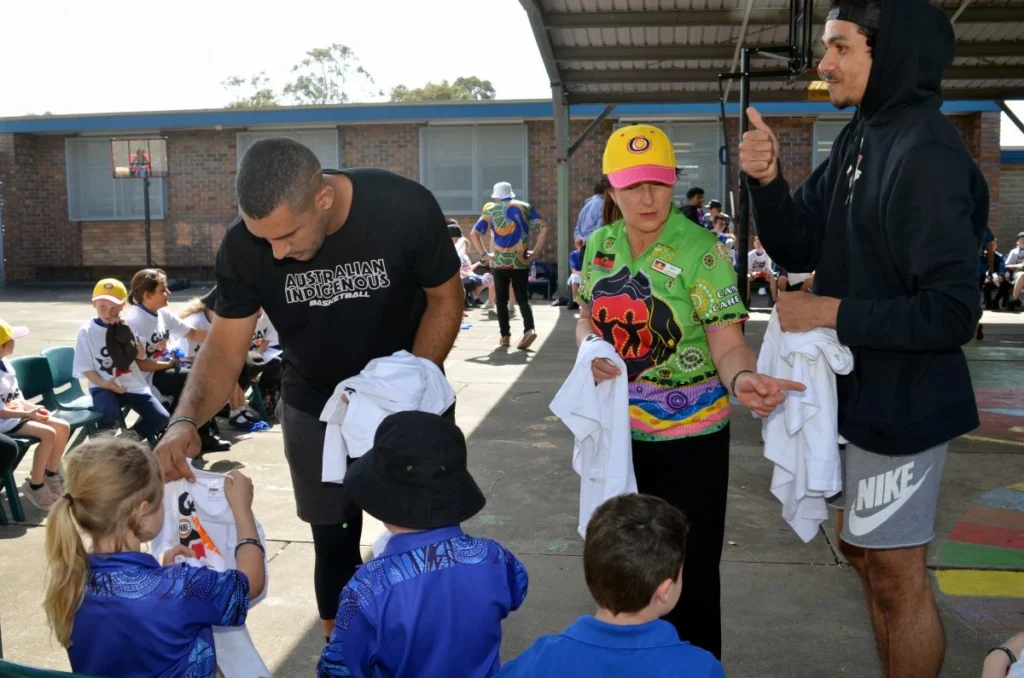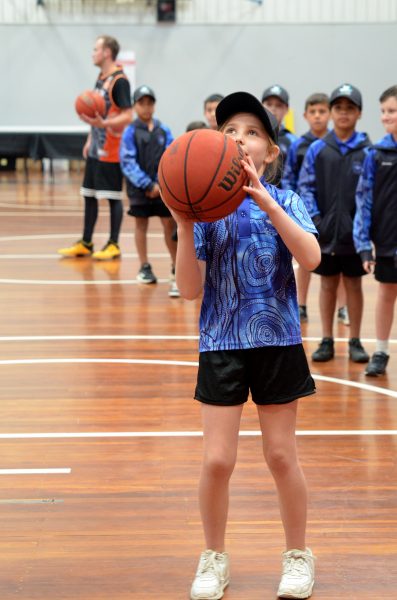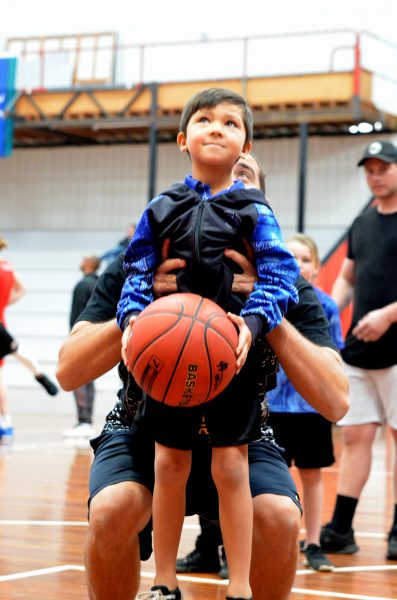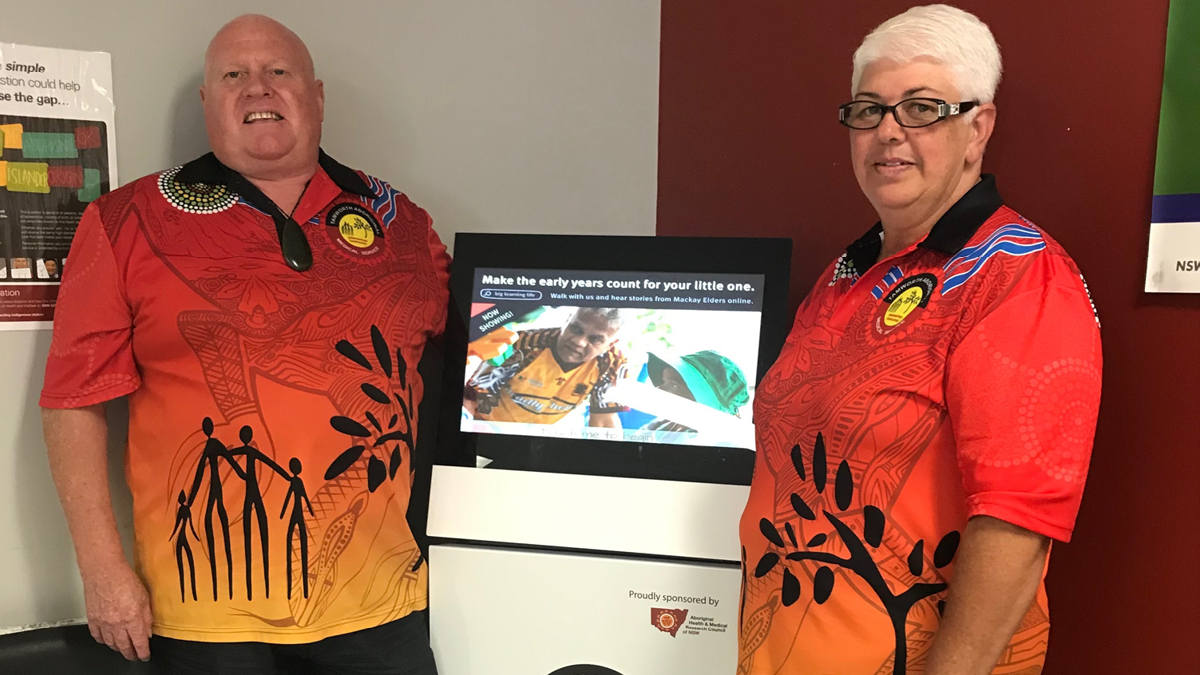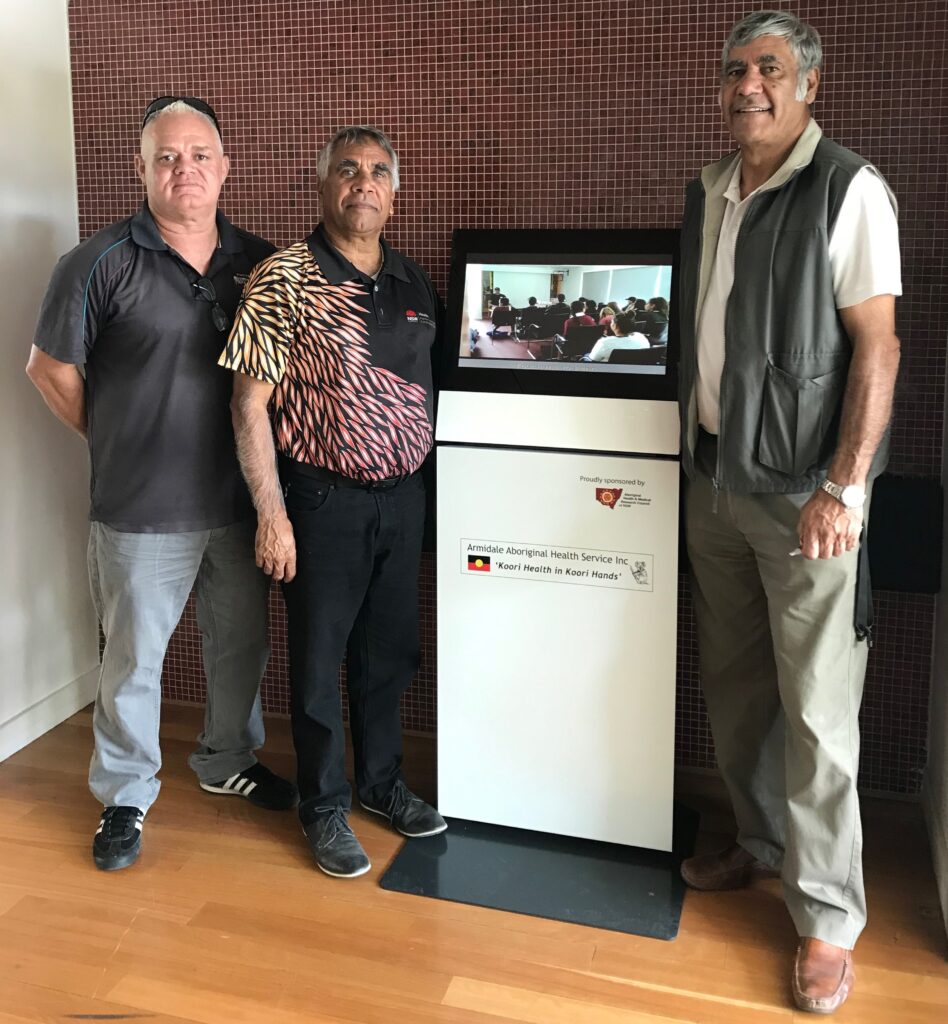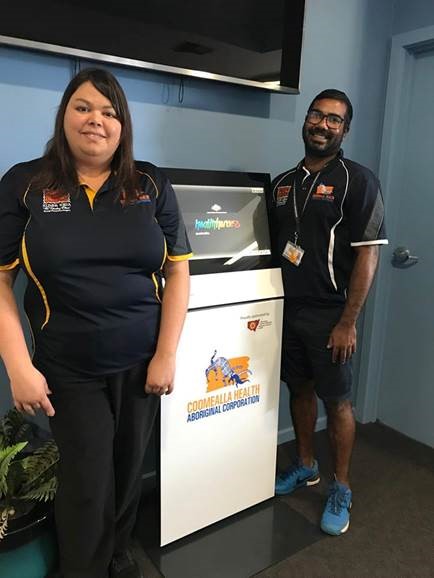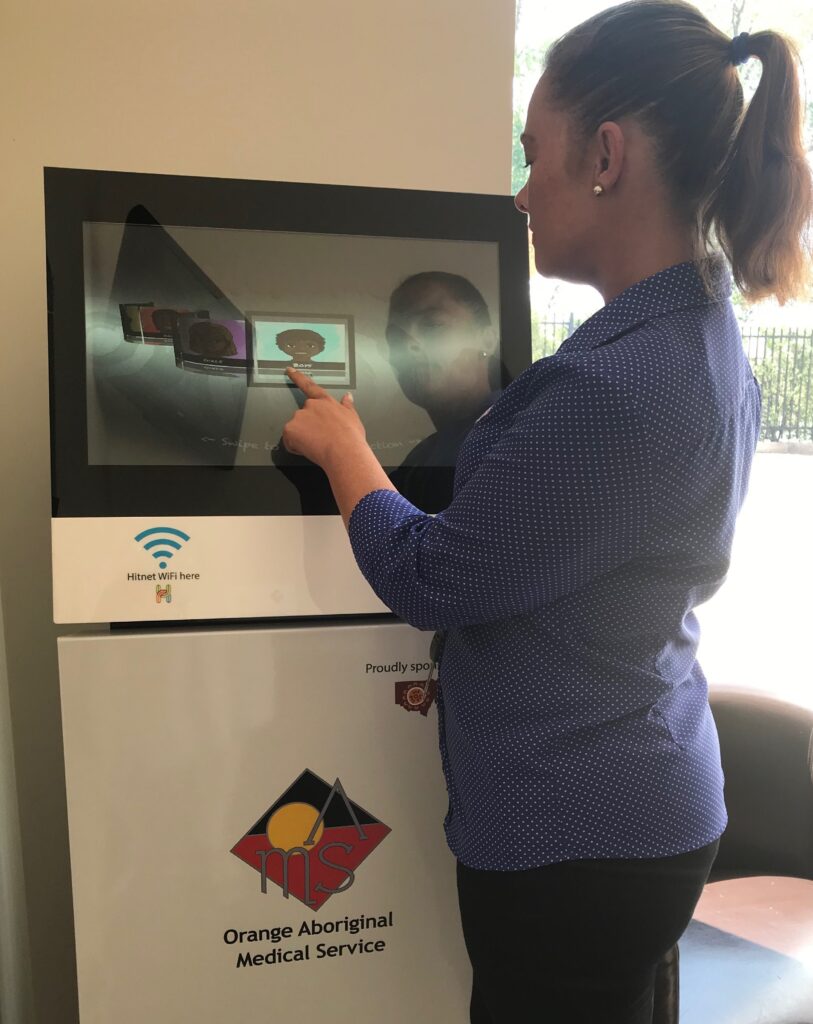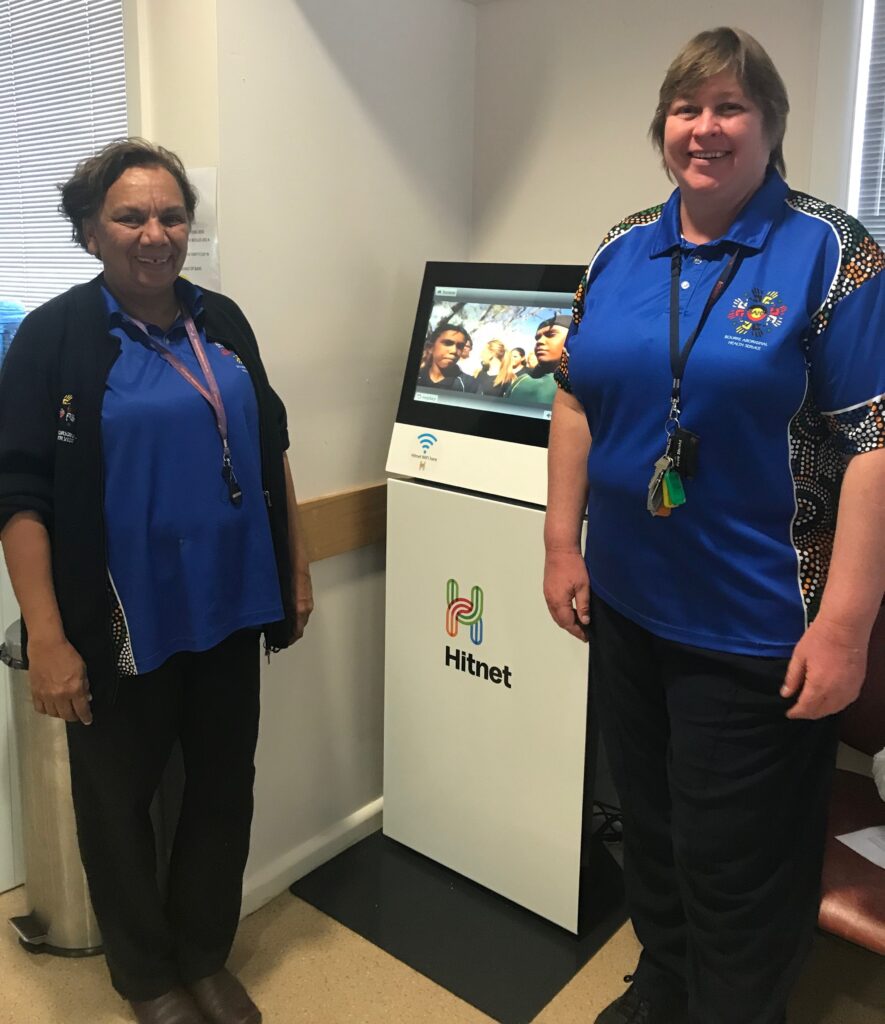In August 2019, the AH&MRC hosted the first of a series of Clinical Governance Continuous Quality Improvement (CQI) Workshops for our Member Services. Delivered in two phases, the overarching objective of this initiative is to empower Aboriginal Community Controlled Health Services (ACCHSs) to increase revenue through improved clinical governance processes, ensuring fiscal sustainability in the face of an ever-changing funding landscape.
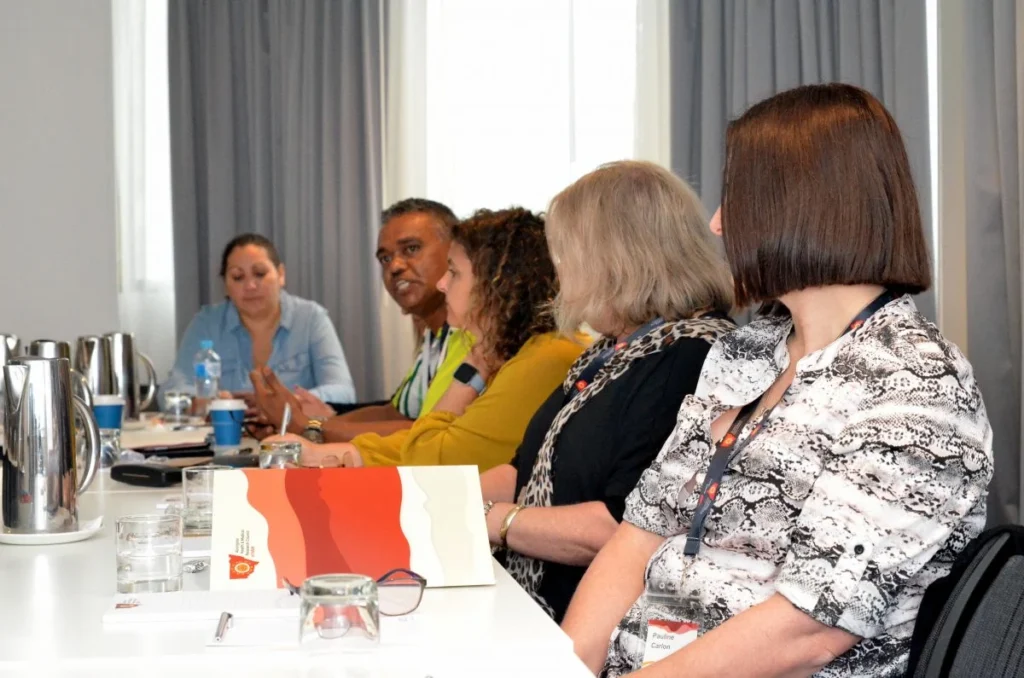
As part of the first phase of this project, two one-day workshops specifically designed for ACCHS CEOs and executive-level staff were hosted by the AH&MRC in Dubbo and Sydney. The AH&MRC engaged an external consultant, Dr Vlad Matic, to develop and deliver these workshops. With extensive experience in the provision of primary and secondary healthcare within rural and remote Aboriginal communities, Dr Vlad worked closely with attendees during these sessions to gain a deeper understanding of the challenges arising across various areas of clinical governance and began to explore customised solutions to meet the individual needs of each ACCHS.
With a total of 12 attendees across eight Member Services, the Dubbo CEO Clinical Governance CQI Workshop offered ACCHSs the opportunity to deep dive into areas of clinical governance most relevant to their communities. Medicare, the role of the GP and the patient journey were key themes of the day and provided the foundation for many of the robust discussions shared by attendees.
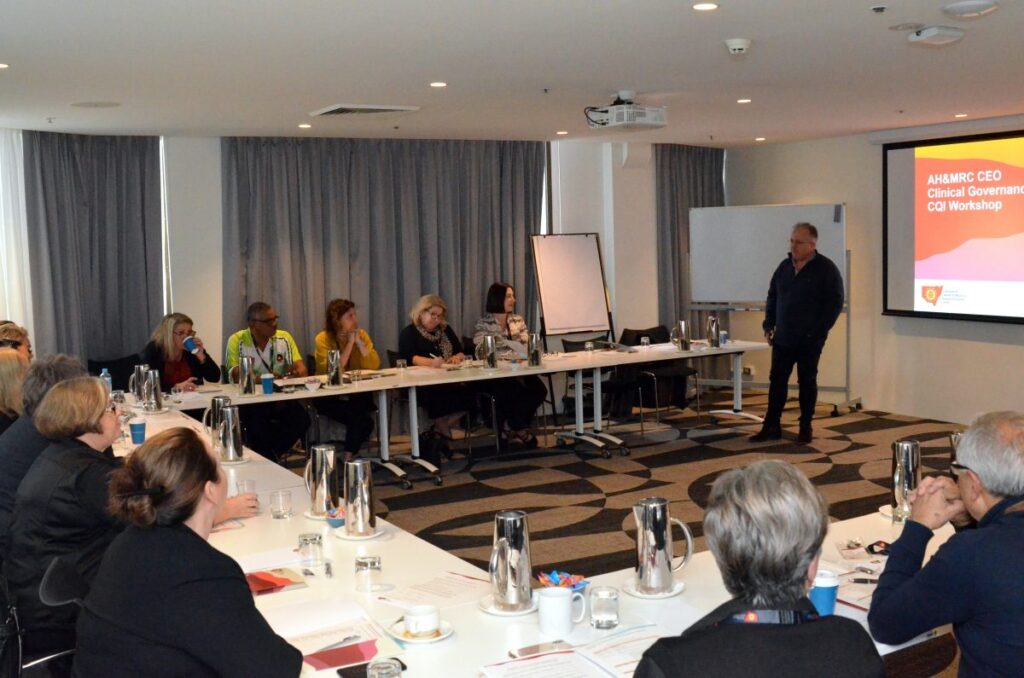
The Sydney CEO Clinical Governance CQI Workshop saw 20 attendees from 13 different ACCHSs across NSW gather to engage in a dialogue about how ACCHSs can best demonstrate their value to funders. The role of data and the relationship between data, information, knowledge and wisdom provided the framework for many discussions throughout the day, while the importance of having defined internal processes was another core focus.
If you can’t describe what you are doing as a process, you don’t know what you’re doing. W. Edward Deming
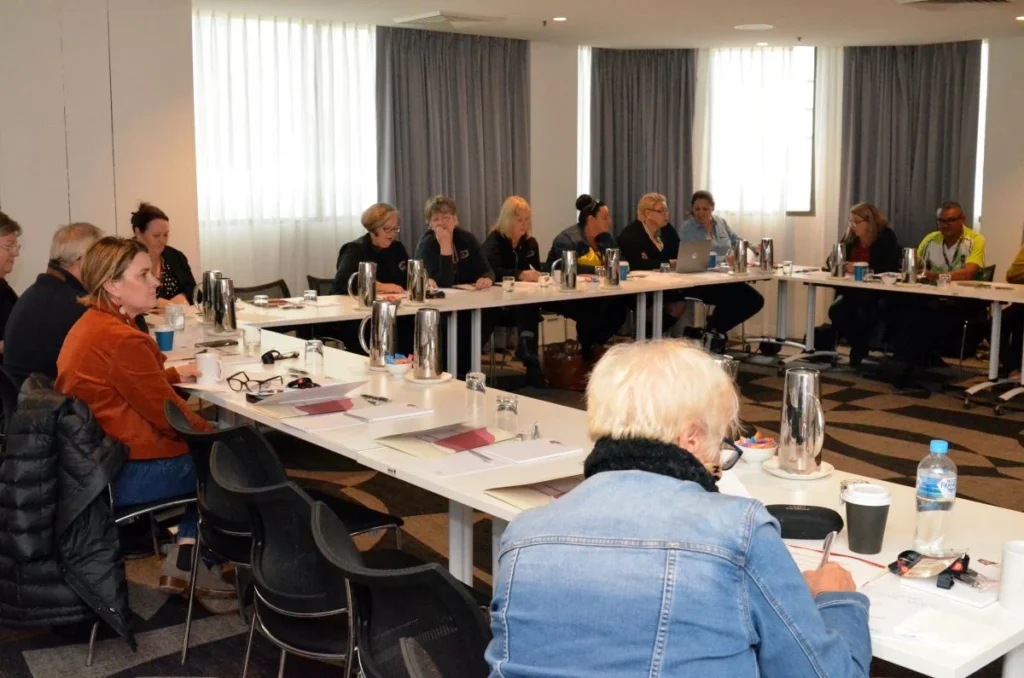
With the second phase of the project now well underway, Dr Vlad has taken the concepts, processes and feedback from the initial CEO Workshops and will utilise these to develop effective, practical and tailored implementation strategies to support ACCHSs to improve their clinical governance practices.
For more information about the Clinical Governance CQI initiative, please don’t hesitate to contact Rosie Edwards REdwards@ahmrc.org.au or Richie Garcia RGarcia@ahmrc.org.au.
